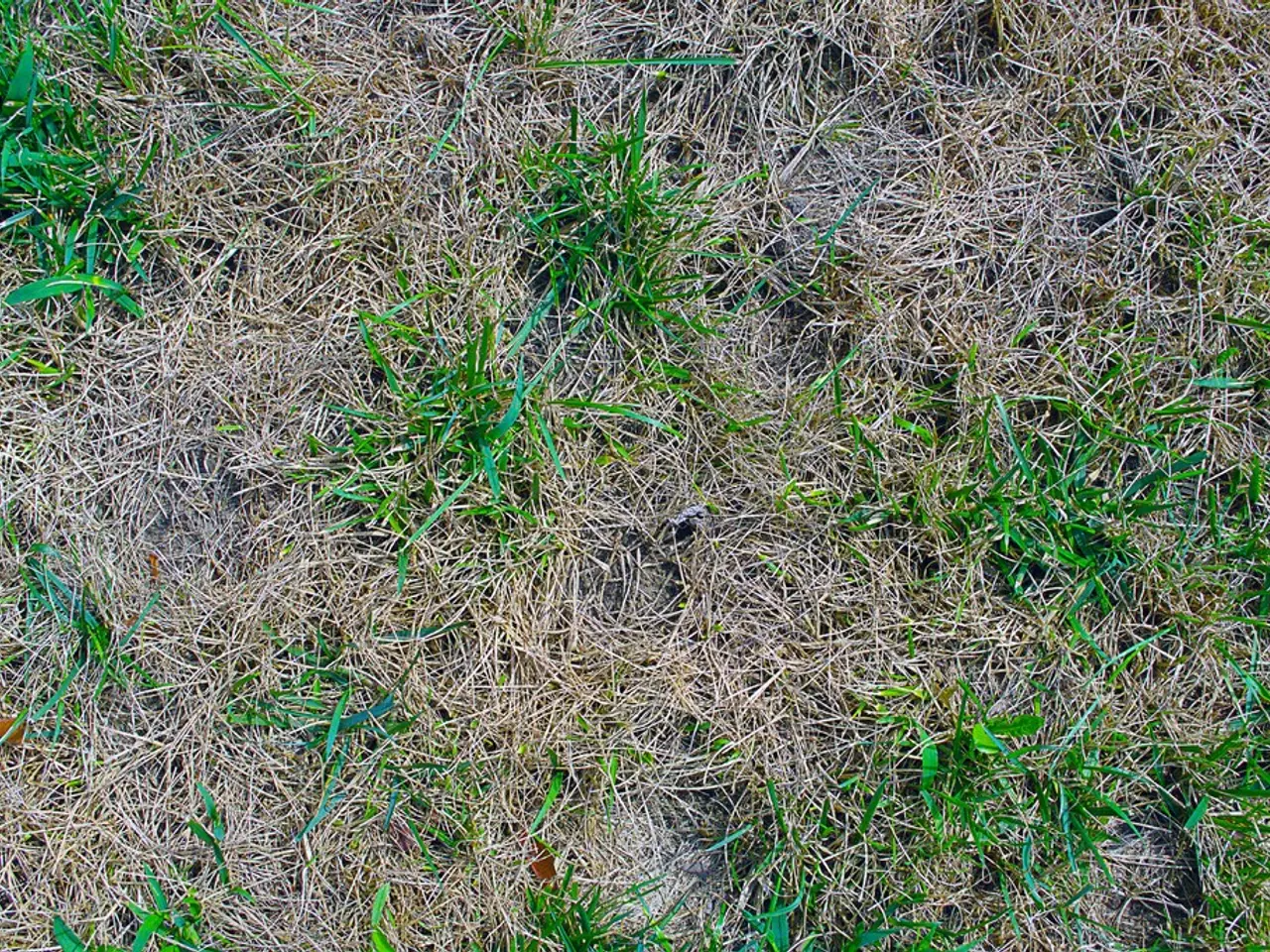Livestock Grazing Report by Sustainable Food Trust
The Sustainable Food Trust has released a groundbreaking report, titled "Grazing Livestock: It's not the cow but the how," which presents a compelling case for the role of grazing livestock in transforming the UK food system. The report, published on May 9, 2025, advocates for a shift towards regenerative grazing systems, emphasizing that the environmental impact of livestock depends on how they are raised.
Jimmy Woodrow, Chief Executive of Pasture for Life, finds the report's accessibility for a wide range of people without simplifying the complexity of the subject to be particularly commendable. The report graphically illustrates the multi-functional role of sheep and cattle in a biologically based food system, when managed thoughtfully and with intention.
Grazing livestock, particularly cattle and sheep raised on pasture with regenerative methods, are essential to transforming the UK food system, according to the report. The key findings emphasize that these practices can deliver multiple benefits including improved biodiversity, enhanced soil health, and a positive role in addressing climate change.
Nikki Yoxall, Technical Director of Pasture for Life, finds the report's holistic approach to ruminant livestock's role in sustainable food futures particularly important. She notes that grazing livestock can contribute to a more efficient and resilient UK food system by converting grass into nutrient-dense food.
To support the vision of a more sustainable food system, the public is encouraged to look for Pasture for Life certified products. It is important to ensure food production can occur in resilient farm systems, and grass can be grown in the UK even when crops cannot, in a changing climate.
The report challenges the view that livestock inherently harm the environment, instead advocating that well-managed grazing supports ecosystem services and sustainable land use. The report calls for shifting UK upland and pasture management towards regenerative grazing systems, recognizing that both over-grazing and under-grazing threaten biodiversity.
The report also highlights the need for tailored grazing strategies that restore degraded habitats while maintaining farming livelihoods. It encourages policies that support regenerative livestock practices to rebuild soil carbon, foster biodiversity, and contribute to a resilient and sustainable food system.
Nikki Yoxall was surprised by the broad range of recommendations in the report, which involve roles for many others in the supply chain, policy, and finance sectors. Jimmy Woodrow, on the other hand, was encouraged by the report's action-oriented nature, as it clearly articulates the implications and solutions for readers and the media.
In conclusion, the report reframes livestock’s climate and ecological impacts as a function of management practices rather than the animals themselves, advocating for a nuanced, landscape-specific approach to incorporate grazing livestock in a UK food system transformation. As the interest in regenerative agriculture grows, this report offers a vital grounding in what good practices look like for those new to these subjects.
[1] The Sustainable Food Trust. (2025). Grazing Livestock: It's not the cow but the how. Retrieved from https://www.sustainablefoodtrust.org/reports/grazing-livestock-its-not-the-cow-but-the-how/ [2] Woodrow, J. (2025). The role of grazing livestock in a sustainable food system. The Guardian. Retrieved from https://www.theguardian.com/environment/2025/may/09/the-role-of-grazing-livestock-in-a-sustainable-food-system [3] Yoxall, N. (2025). A holistic approach to ruminant livestock and sustainable food futures. Farmers Weekly. Retrieved from https://www.farmersweekly.co.uk/news/holistic-approach-ruminant-livestock-sustainable-food-futures-01-05-2025/ [4] Pasture for Life. (2025). The benefits of regenerative grazing. Retrieved from https://www.pastureforlife.org/benefits-regenerative-grazing/ [5] Defra. (2025). Supporting regenerative livestock practices for a sustainable food system. Retrieved from https://www.gov.uk/government/publications/supporting-regenerative-livestock-practices-for-a-sustainable-food-system/supporting-regenerative-livestock-practices-for-a-sustainable-food-system
- The Sustainable Food Trust's report, "Grazing Livestock: It's not the cow but the how," advocates for a shift towards regenerative grazing systems, emphasizing the importance of grass-fed livestock in transforming the UK food system.
- Jimmy Woodrow, Chief Executive of Pasture for Life, commends the report for its accessibility, graphically illustrating the benefits of regenerative grazing, such as improved biodiversity and enhanced soil health.
- The report underscores the multi-functional role of sheep and cattle in a biologically based food system, particularly those raised on pasture with regenerative methods, contributing to a more efficient and resilient UK food system.
- To support this vision, the public is encouraged to look for Pasture for Life certified products, as grass-fed livestock can grow nutrient-dense food in resilient farm systems, even in a changing climate.
- The report underlines the need for tailored grazing strategies, recognizing that regenerative grazing practices can rebuild soil carbon, foster biodiversity, and contribute to a resilient and sustainable food system.
- The report calls for policies that support regenerative livestock practices, encouraging sustainable living and healthy cooking, while promoting education and self-development on regenerative agriculture, food-and-drink, home-and-garden, and general news.




